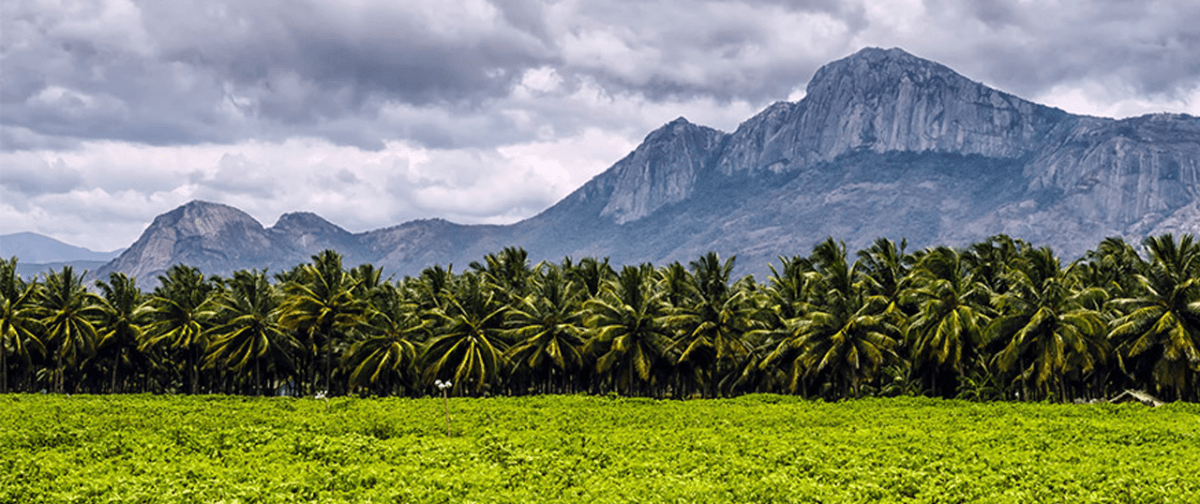
India has made bold promises at the COP26. Cleaner energy, Nett Zero and active investment and transition to renewable energies. But the fact is that, India has been consistently ranking lower and lower in environmental performance indices for 2022.
The Sustainable Development Goals, often known as the Global Goals, are a set of 17 interconnected global aspirations aimed at providing a “blueprint for a better and more sustainable future for all.” The United Nations General Assembly established the Sustainable Development Goals (SDGs) in 2015, with the goal of achieving them by 2030.
On the 17 Sustainable Development Goals (SDGs) set as part of the 2030 Agenda by 192 United Nations member states in 2015, India has dropped three places to number 120.
India was rated 117th out of 192 countries in 2021.
The total SDG score for India was 66 out of 100. The dip in India’s ranking is mostly due to substantial hurdles in 11 SDGs, including achieving zero hunger, excellent health and wellbeing, gender equality, and sustainable cities and communities.
India ranked poorly in terms of quality education and quality of life on the ground. Ending poverty and attaining food security, establishing gender equality and creating resilient infrastructure, encouraging inclusive and sustainable industrialization, and fostering innovation were all areas where India struggled in 2021. A lot of these struggles were exacerbated by the pandemic, so we’ve to give developing countries like India that much credit.
In the 2022 Environment Performance Index (EPI), an analysis by Yale and Columbia University academics that gives a data-driven evaluation of the situation of sustainability throughout the globe, India came in last out of 180 countries. Climate change, environmental public health, and biodiversity are among the 40 performance metrics used by the EPI to rank 180 nations.
Developing countries should not have to choose between economic security and sustainability. Policymakers and stakeholders in leading countries have taken initiatives to address climate change, demonstrating that concentrated attention can mobilize communities to conserve natural resources and human well-being. World leaders and developed countries have to aid sustainable development and climate action in developing countries.

